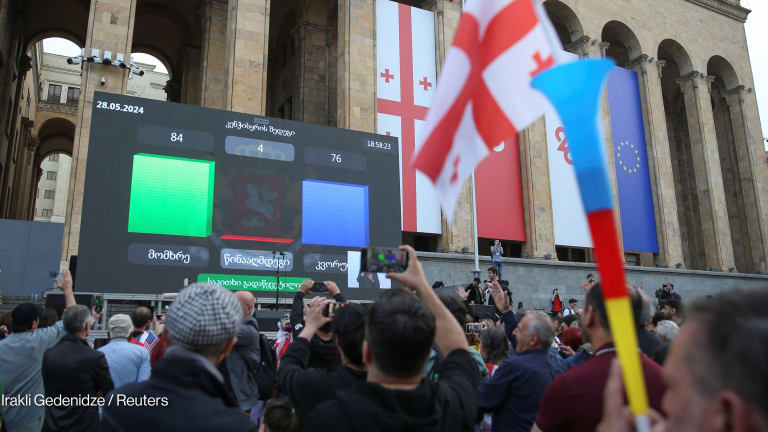It is with some irony that New Zealand's own foreign affairs minister is calling the country's globally-praised aid program as merely a source of handout. Aid organizations denounced it as a misguided policy that would be fine-tuned to political interests and not effective delivery of aid.
Non-governmental agencies in New Zealand have formed an alliance calling on the government not to corrupt aid.
Murray McCully, foreign affairs minister, recently made a
that has been widely, and infamously, quoted since: "You could ride around in a helicopter pushing hundred-dollar notes out the door and call that poverty elimination."
The New Zealand Herald reported that McCully has ordered two reviews into
, criticizing its thrust of poverty elimination as too broad and saying that economic development should be the goal instead. At stake is NZ$471 million (US$235 million) in annual budget, of which roughly half goes into helping Pacific island nations.
He also
amounting to NZ$1.95 million for the Foundation of the South Pacific International. The Labour Party has called this "a classic example of
' that would damage the integrity of New Zealand's aid efforts in the Pacific."
The reviews could result in the re-integration of NZAid into the Ministry of Foreign Affairs and Trade from which it has flourished in semiautonomy since 2002.
"The New Zealand government's decision to create NZAID as a semi-autonomous body with a central focus on poverty elimination was commended," the Organization for Economic Cooperation and Development
.
NGOs are
that the reviews are being undertaken without public consultation and regard for the successes of NZAid. They are especially worried that New Zealand's foreign aid program would be used to advance political interest and foreign policy instead of humanitarian services.
A number of prominent NGOs joined up to launch the campaign "Don't Corrupt Aid" to direct public awareness and support toward ensuring the current form and mission of NZAid. These groups are Amnesty International New Zealand, Just, Child Fund New Zealand, Save the Children, cbm, Missions Interlink (NZ),UNICEF, World Vision, The Peace Foundation, SurfAid International, The Evangelical Alliance Relief Fund, Handa Rehabilitation and Welfare Association, International Family Planning, the Salvation Army, Rotary New Zealand World Community Service Ltd., United Nations Development Fund for Women, Leprosy Mission, Christian World Service and Oxfam New Zealand.
"New Zealand taxpayers are not supporting aid because it will benefit rich elites in developing countries. Nor are they supporting aid to be used as a sweetener to persuade other governments to accept our political agendas. Aid is to help those less fortunate than ourselves," said Barry Coates, executive director of Oxfam in New Zealand.
Lisa Cescon, chief executive of World Vision New Zealand, opined: "Economic development is a tool which helps achieve poverty elimination. By all means let's consider how we can further improve livelihoods and build economic resilience, but the reason for doing these things is to eradicate extreme poverty."
Columnist Gordon Campbell, writing for Scoop,
that McCully's censure of poverty elimination as a goal of official development assistance runs contrary to widely-held views that the poor are most vulnerable now in the face of a worldwide recession and need more help than ever.
In an editorial, The New Zealand Herald
that any move to link aid to a country's political ambitions should be rejected outright.
"Aid works best when it is a regarded as a humanitarian gesture. Government tampering serves only to debase it," the editorial said.
Whether New Zealand's leadership will heed such strong words is something we have yet to see.








